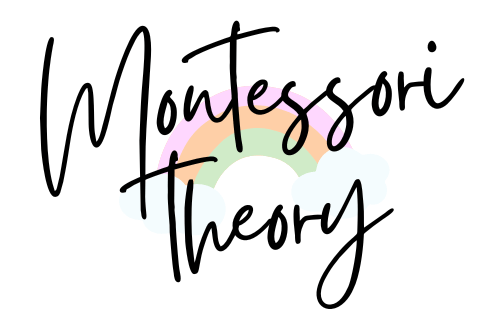Problem-solving skill refers to the ability to identify, analyze, and resolve challenges or obstacles through critical thinking and creativity. In Montessori education, developing strong problem-solving skills is a central goal, as it empowers children to become independent learners and thinkers capable of navigating complex situations. Montessori environments are intentionally designed to encourage children to encounter and solve problems as part of their daily learning experiences.
Montessori materials and activities, across all areas of the curriculum, provide opportunities for children to engage in problem-solving. Whether through mathematical operations using the Golden Beads, deciphering language patterns with the Moveable Alphabet, or navigating social interactions in practical life activities, children are continually challenged to think critically and devise solutions. The self-correcting nature of many Montessori materials allows children to assess their work, recognize errors, and correct them independently, fostering resilience and adaptability.
Problem-solving in Montessori settings is supported by a prepared environment that encourages exploration, experimentation, and questioning. Educators act as guides, offering support and encouragement, but ultimately allow children the space to explore problems and discover solutions on their own. This approach cultivates a mindset of curiosity, perseverance, and confidence, equipping children with the problem-solving skills necessary for academic success and life beyond the classroom.

